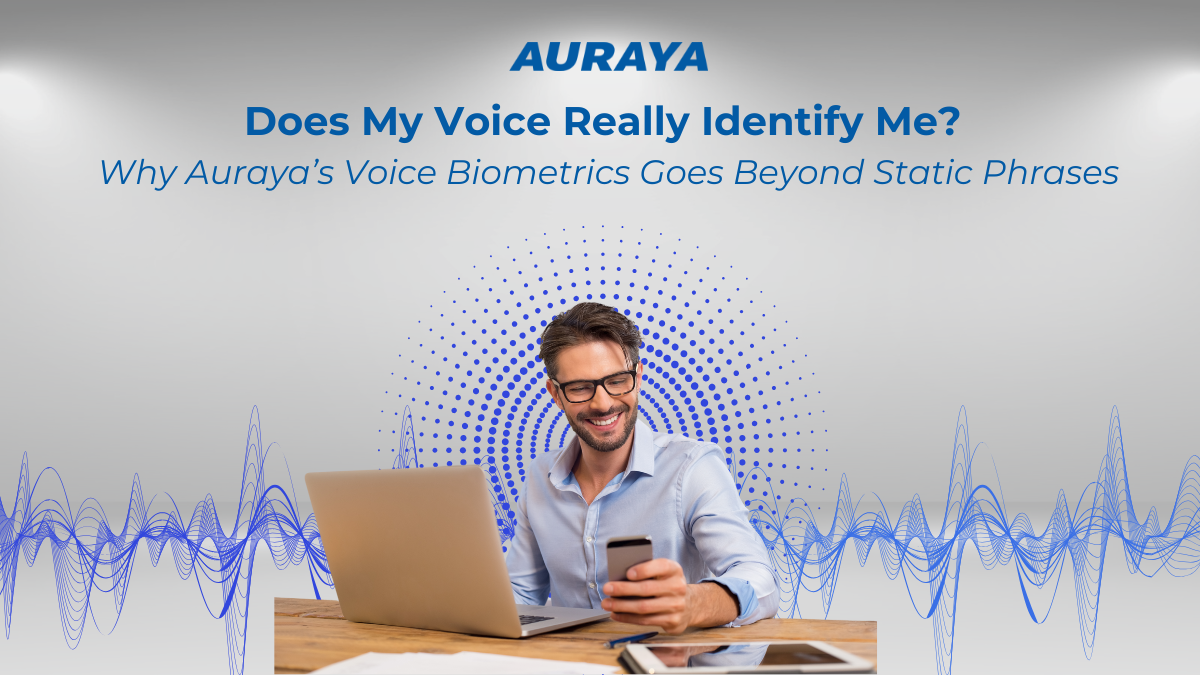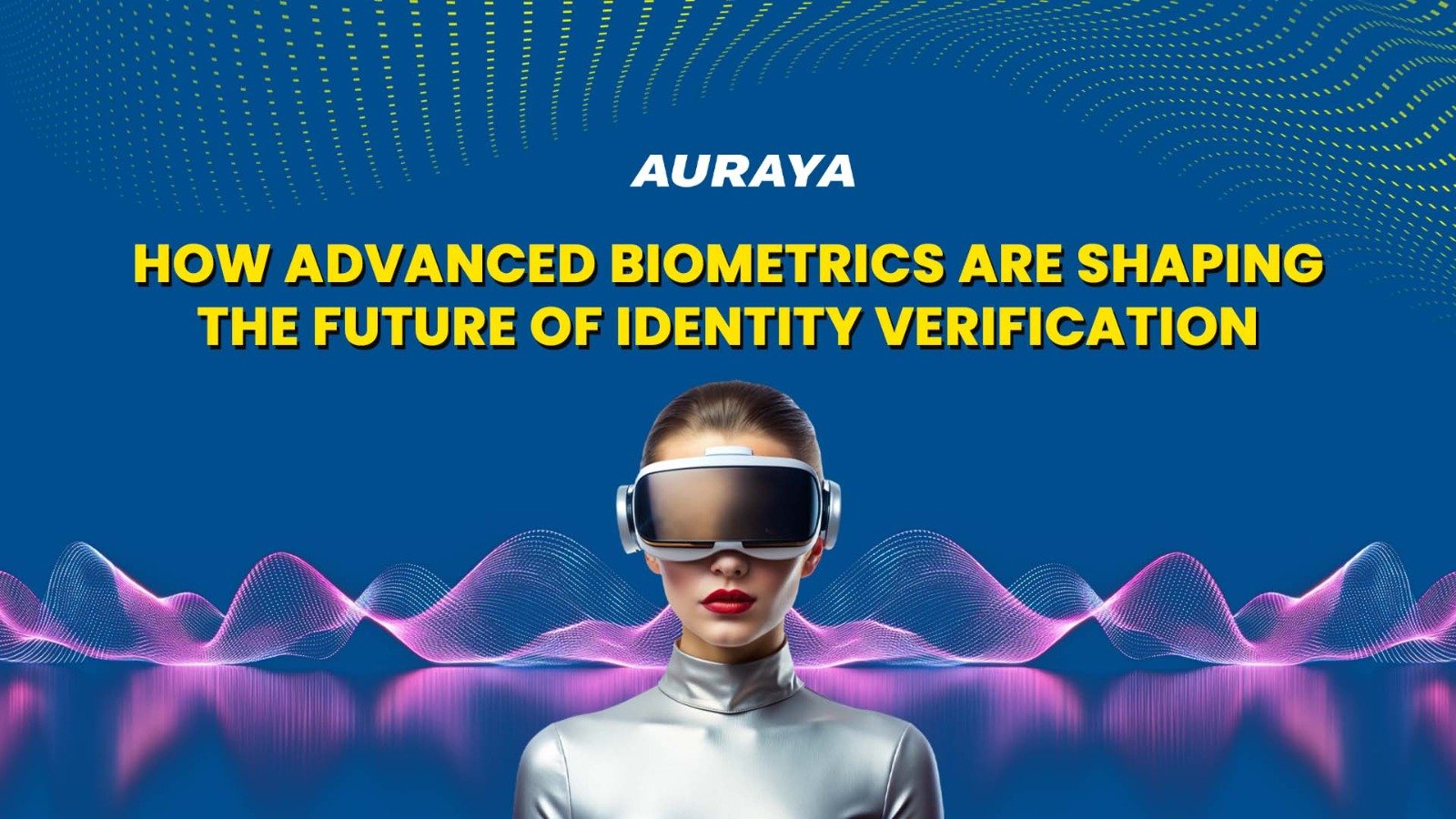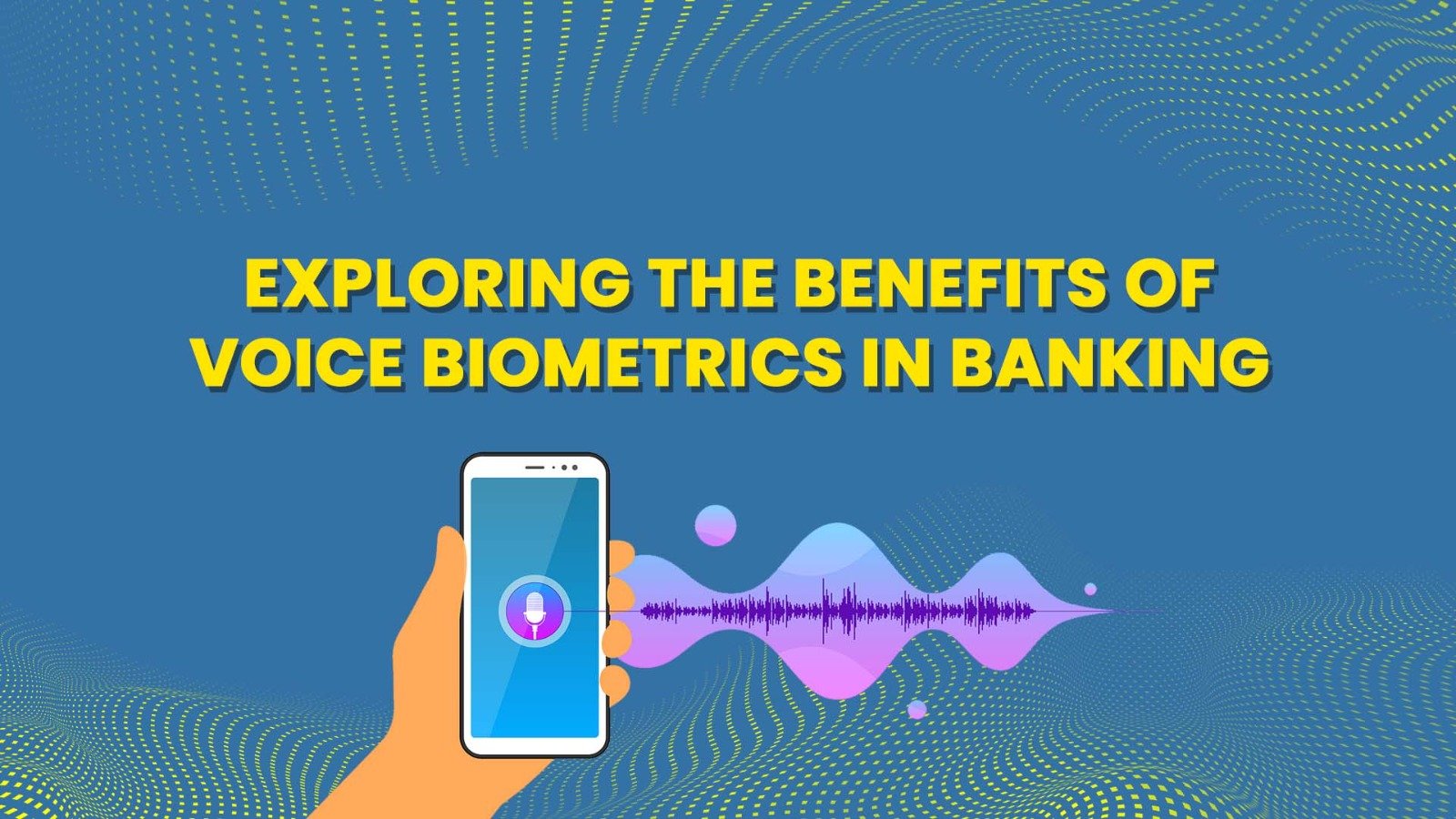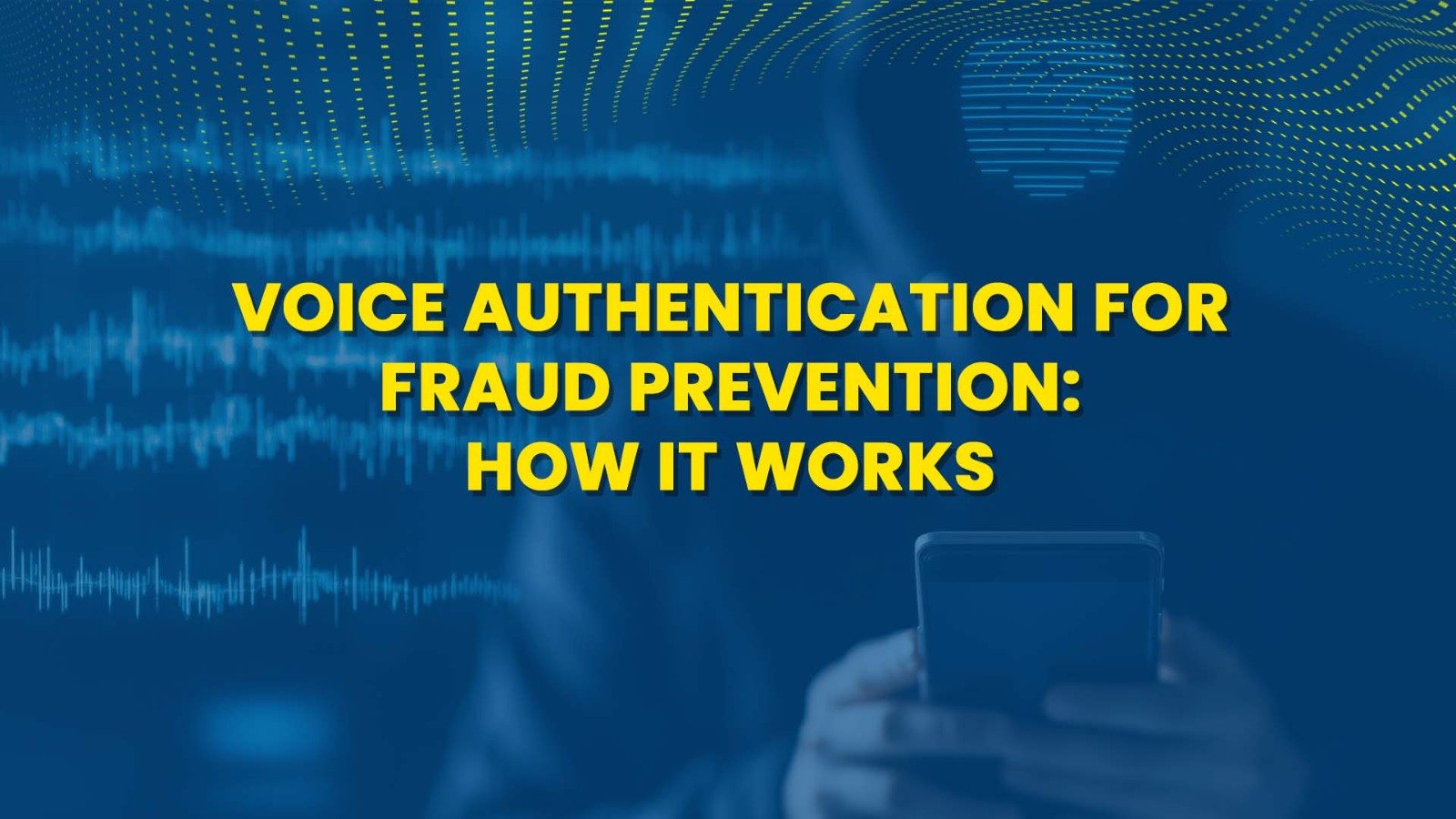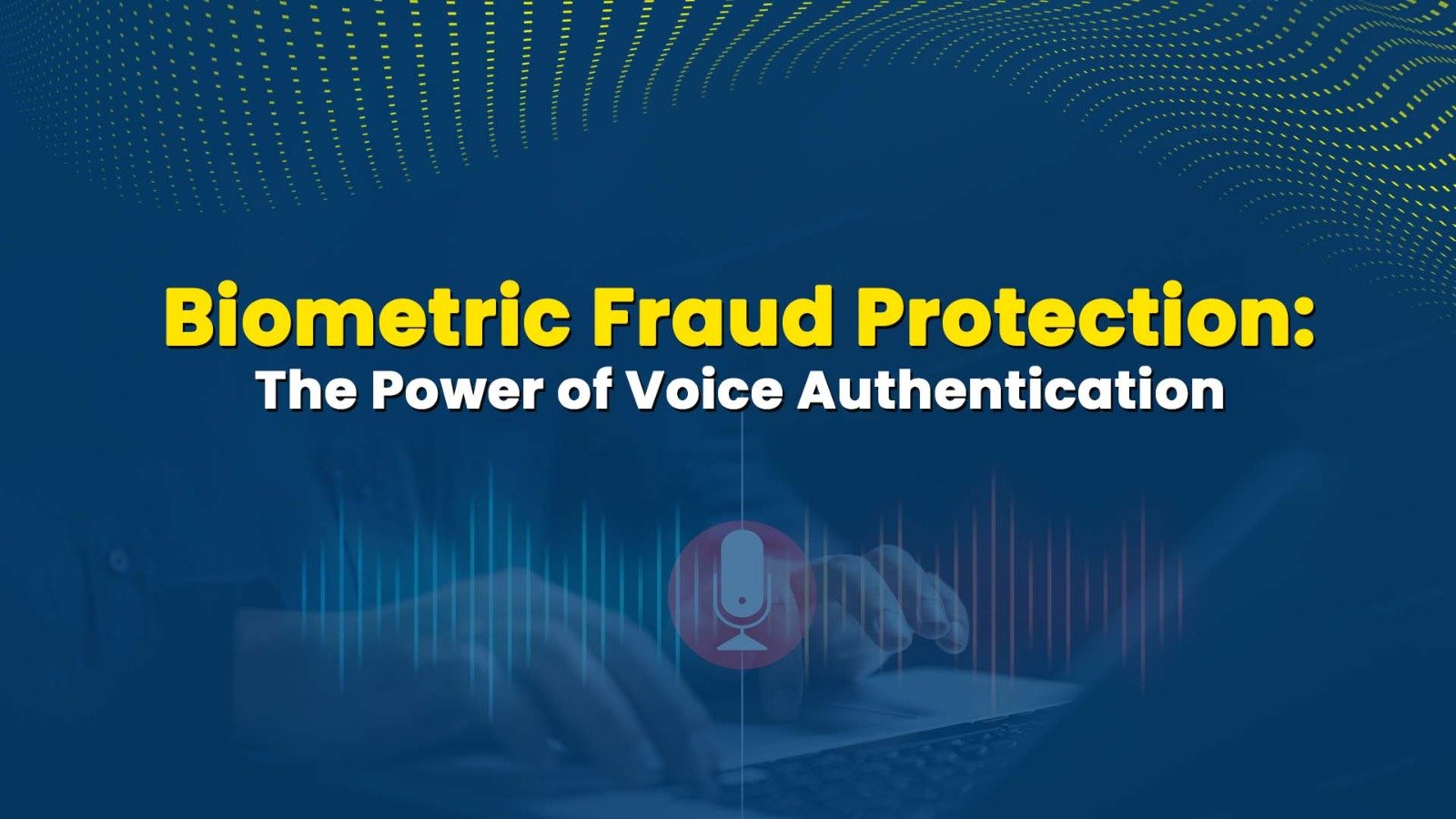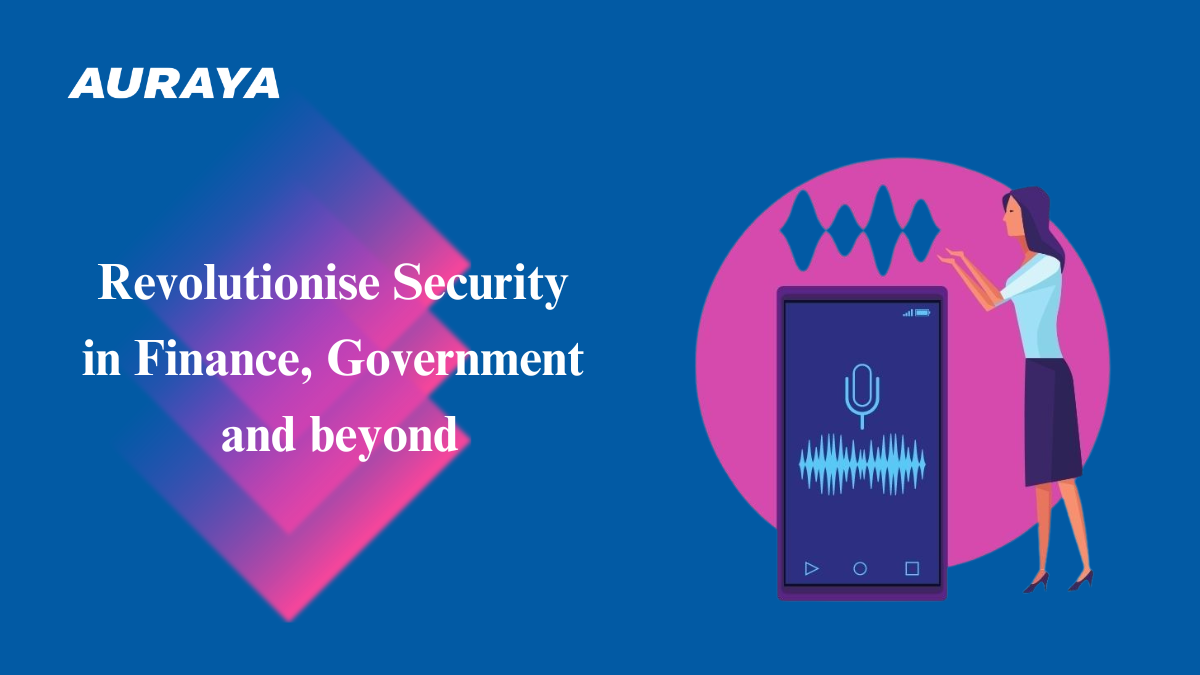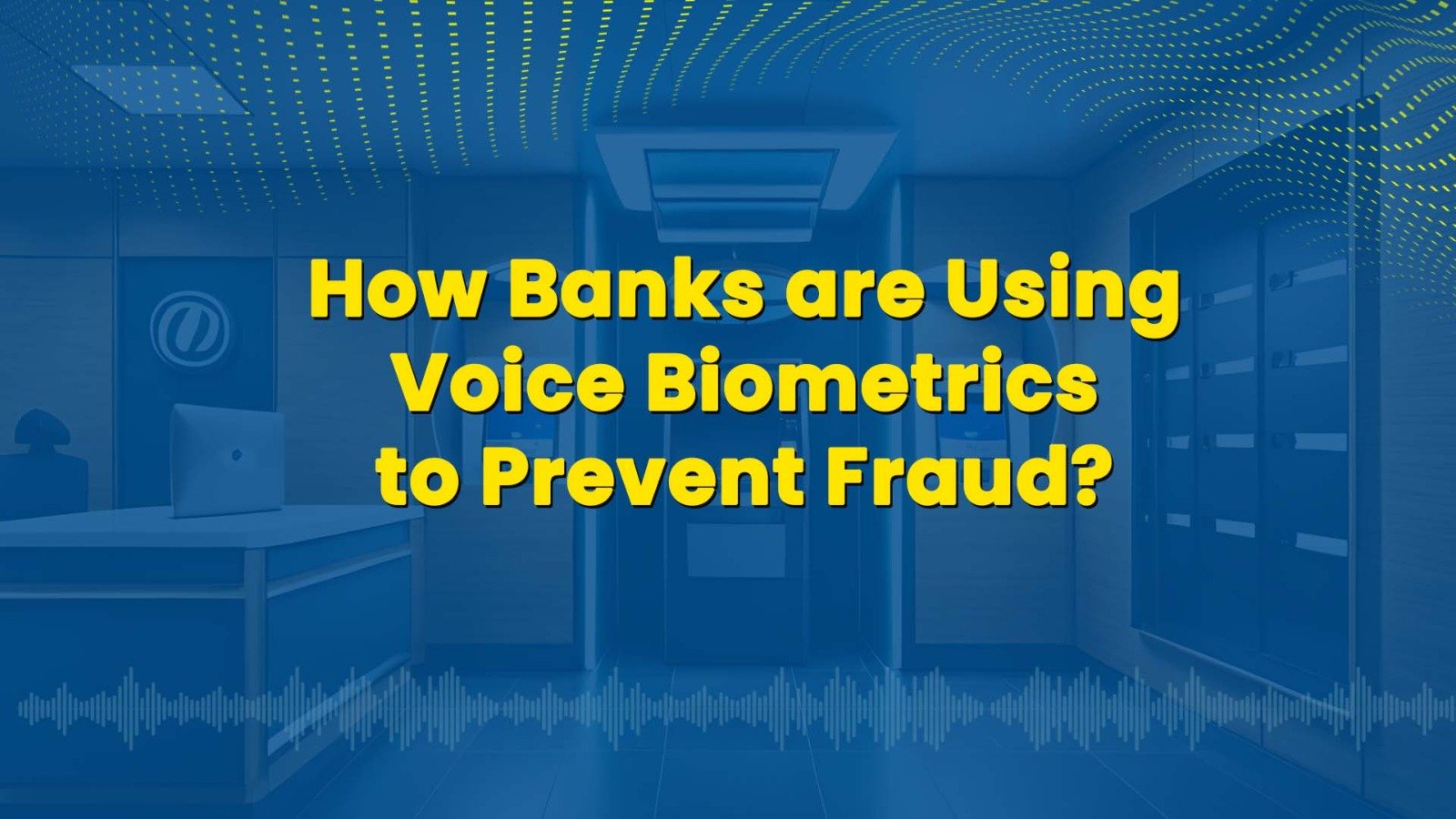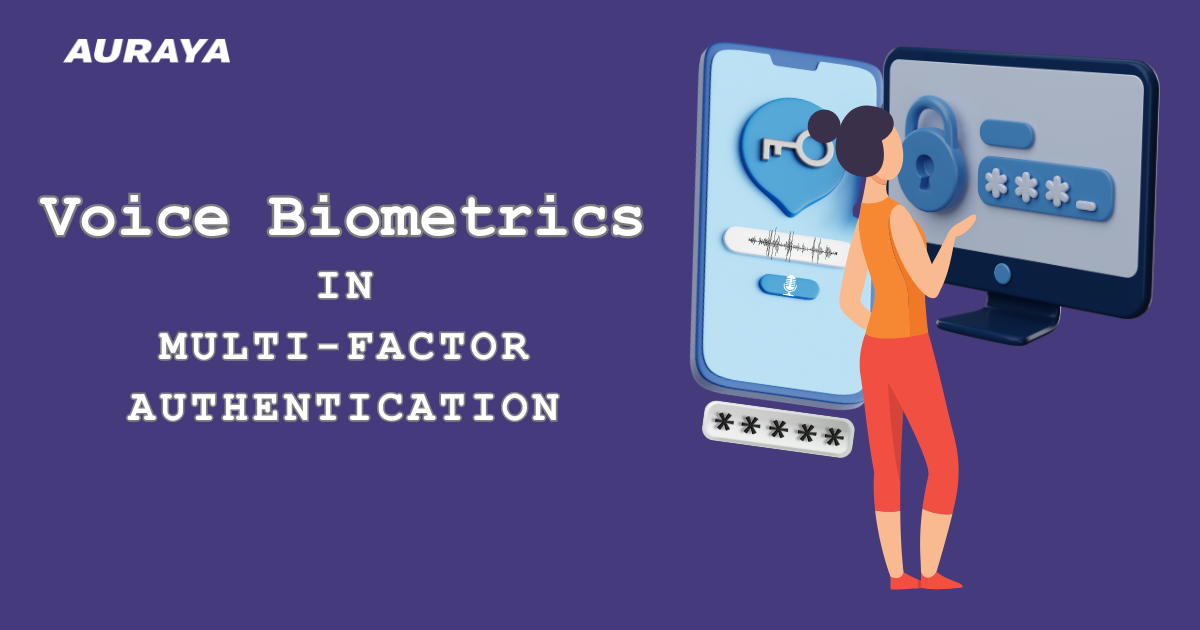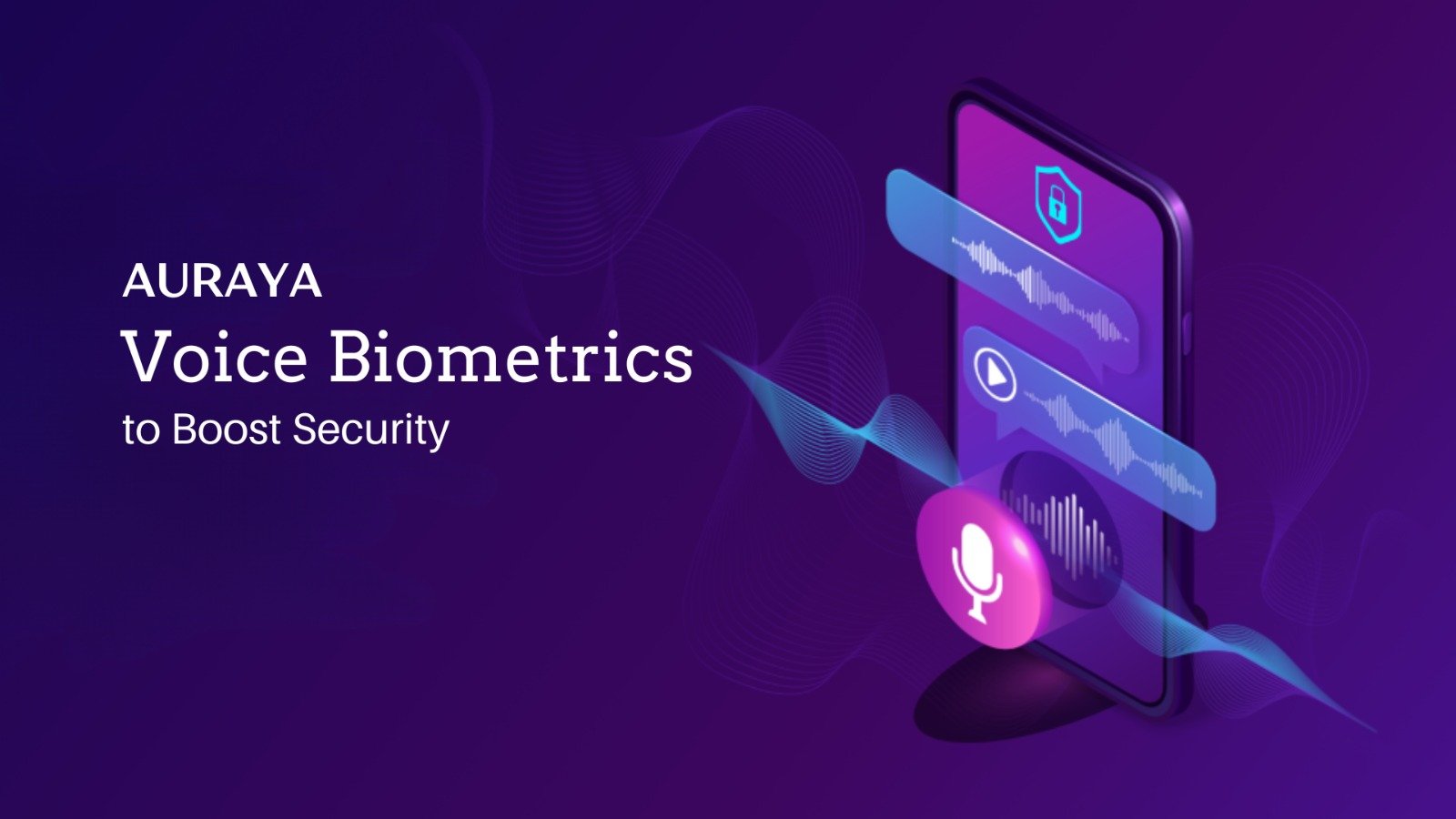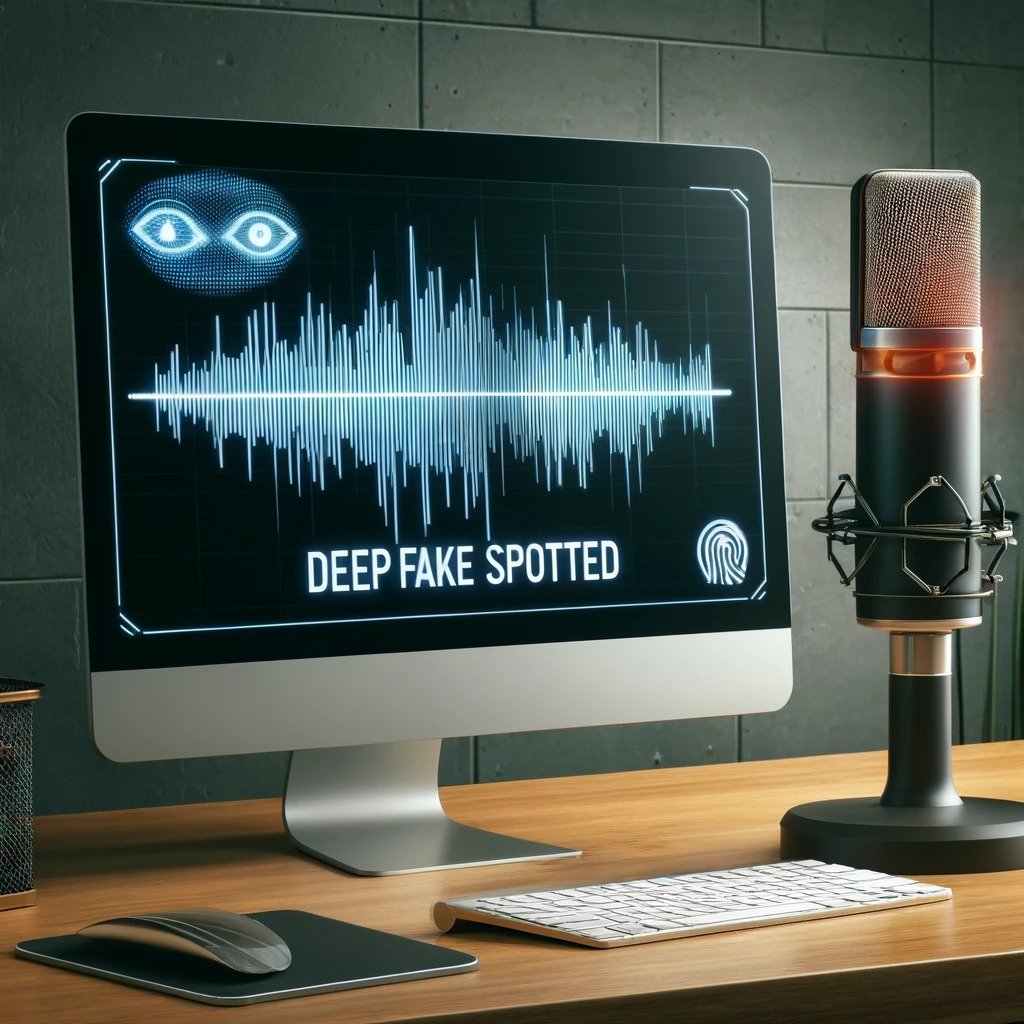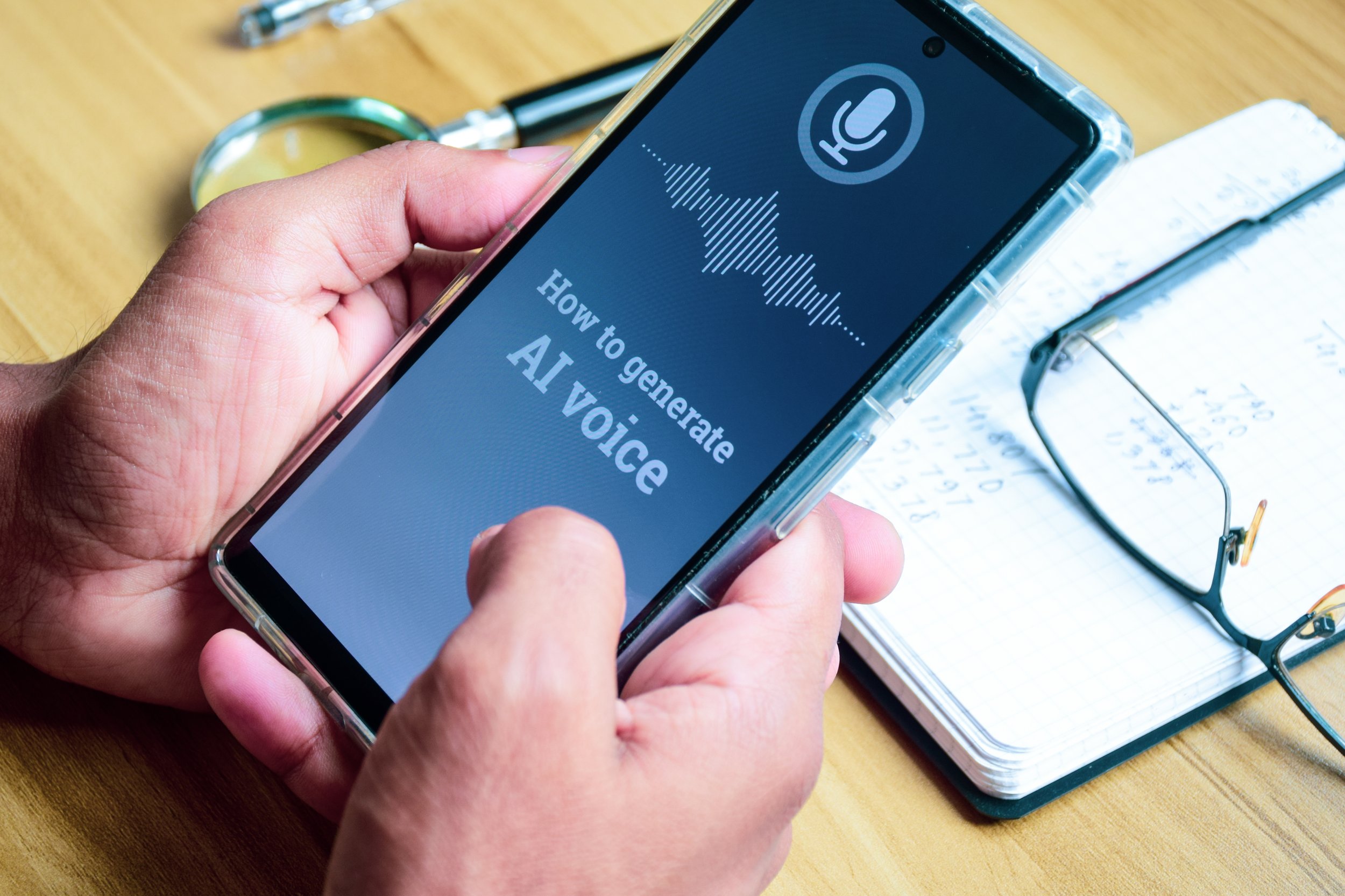Protecting Your Bitcoins with Voice Biometrics
Bitcoin is the world’s largest cryptocurrency that uses a decentralized blockchain ledger system to transact virtual currency. Although its value has been highly volatile, in the past 12 months, it has increased by over 320% from USD8,700.00 to USD36,700.00. People store their bitcoins using digital wallets such as hot wallets (internet-connected) and cold wallets (offline), each with private keys for secure access.
To protect their private keys, users store it on a separate hard drive and secure it with a password. Problems arise when users lose access or forget their password to their private keys, thus no longer being able to access their digital wallet where their bitcoins are stored. One prime example of this is Stefan Thomas, a German-born programmer, who has forgotten his password to his IronKey hard drive which contains the private keys to his digital wallet containing over USD220 Million (as of January 2021) worth of bitcoins. In fear of being locked out and not being able to reset the password, Stefan has stopped trying to recover his password until cryptographers invent a new way of decrypting passwords.
There are other methods of storing and securing private keys. For example, writing it down on a piece of paper is the least secure and storing the keys in an external peripheral which requires multi-signatures from different people to gain access is more secure. However, one method that may provide more security or enhance it, is using biometric verification. With biometrics, the user only requires something that they already have to authenticate themselves. For example, with Auraya’s voice biometric technology, users simply just need to speak their voice to verify their identity.
The advantages of using voice biometrics over other security methods are that unless the person suffers a speech disorder, voice is something that they will always have. With Auraya’s voice biometric technology, hard drive and digital wallet manufacturers can also integrate text-independent voice verification so that the user is not required to remember a phrase. This will also protect users from potential fraud attempts such as recorded playback attacks. Alternatively, users can use voice biometrics as step-up security alongside passwords. Overall, voice biometrics provides better user experience, reduces risk of forgotten or lost credentials and greatly improves security.



